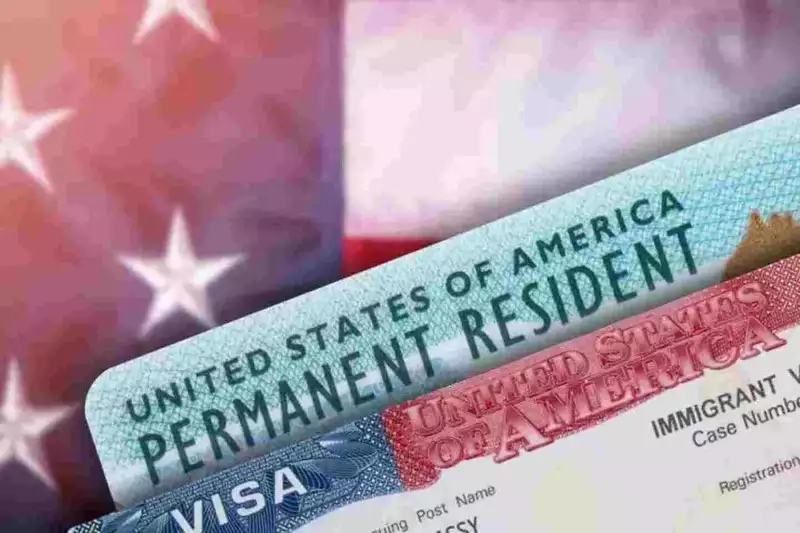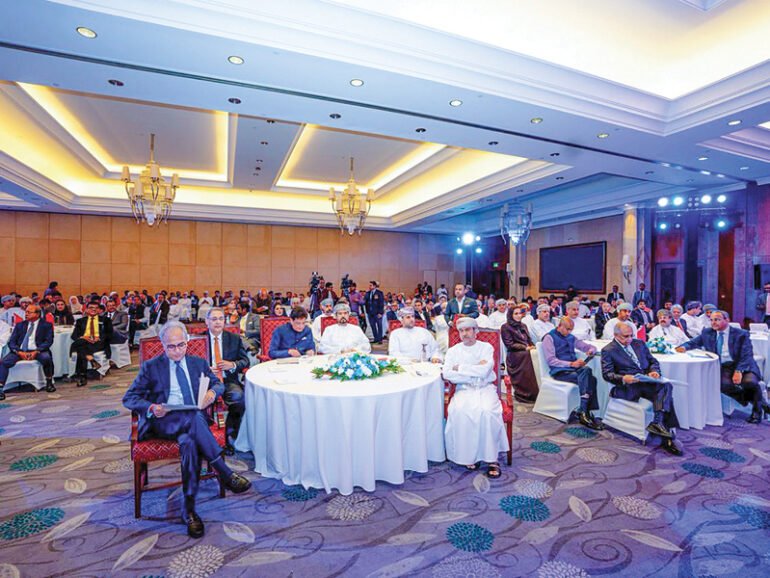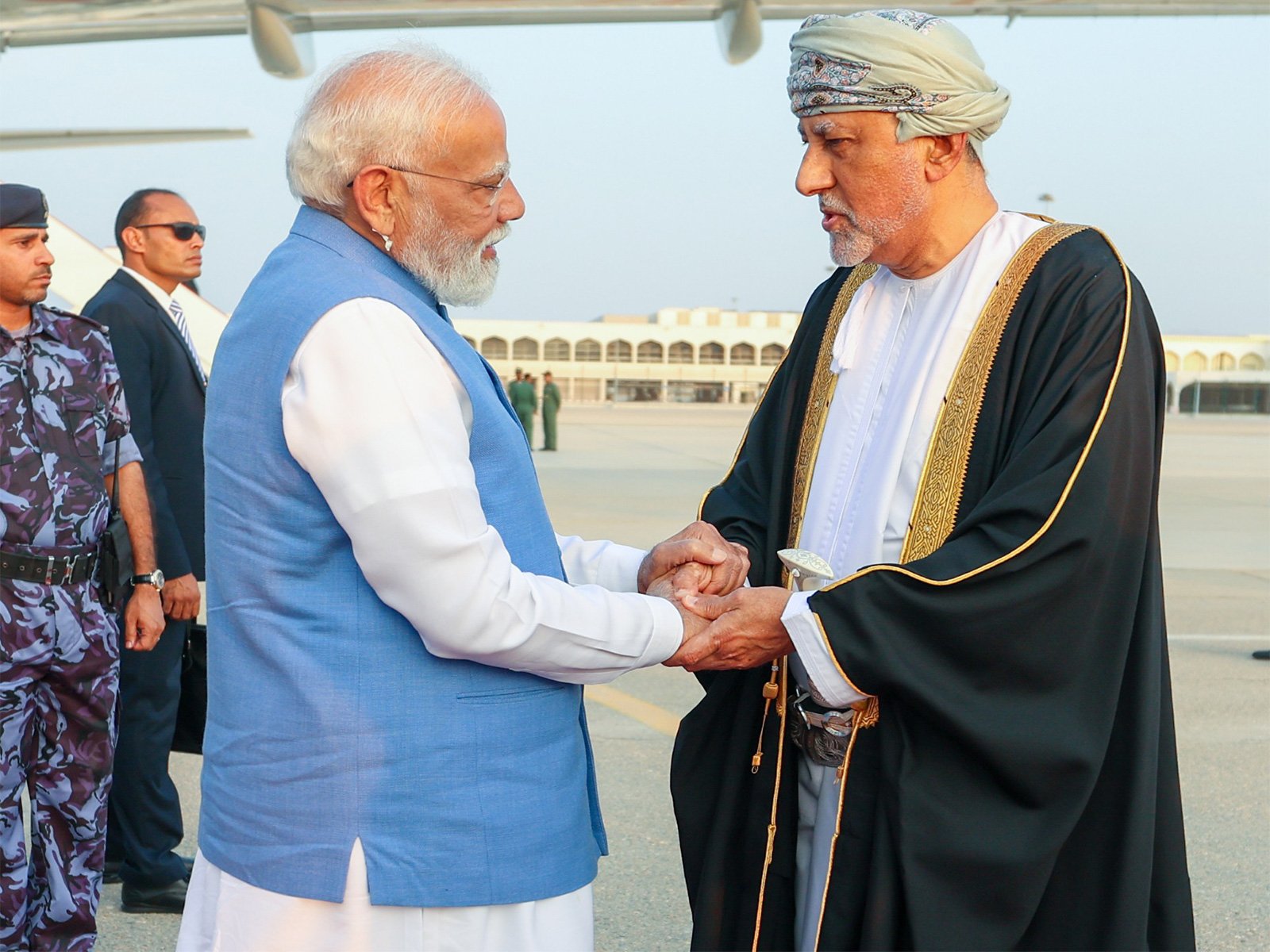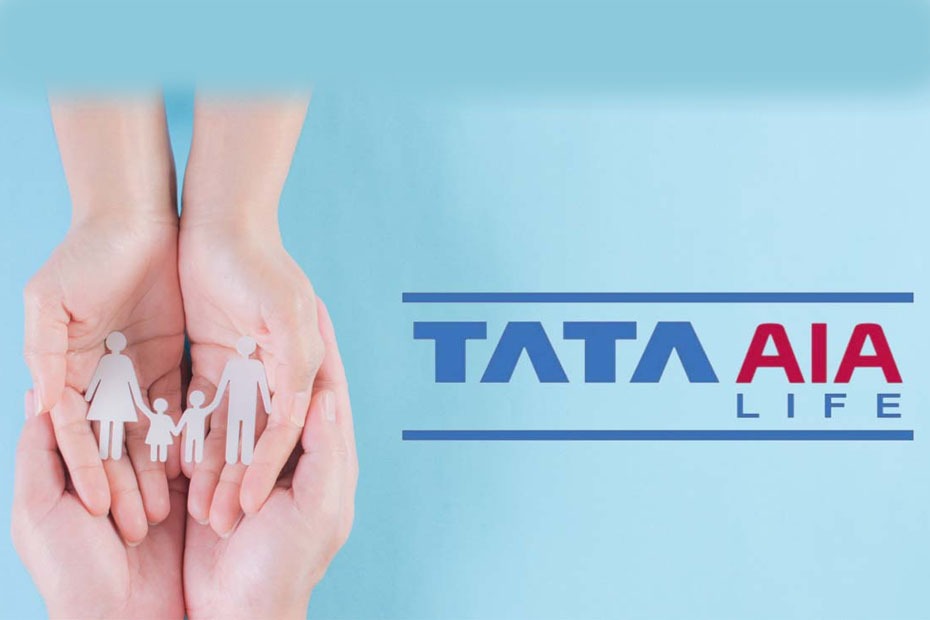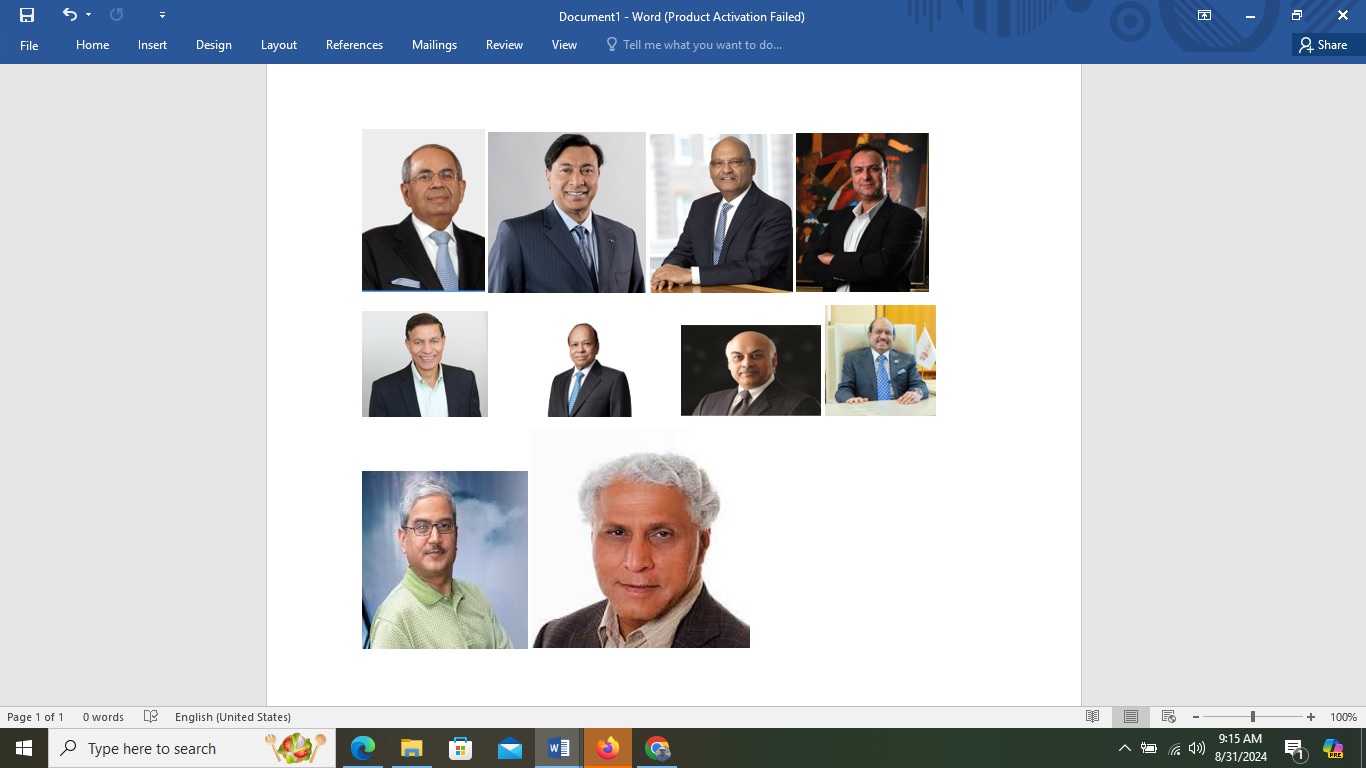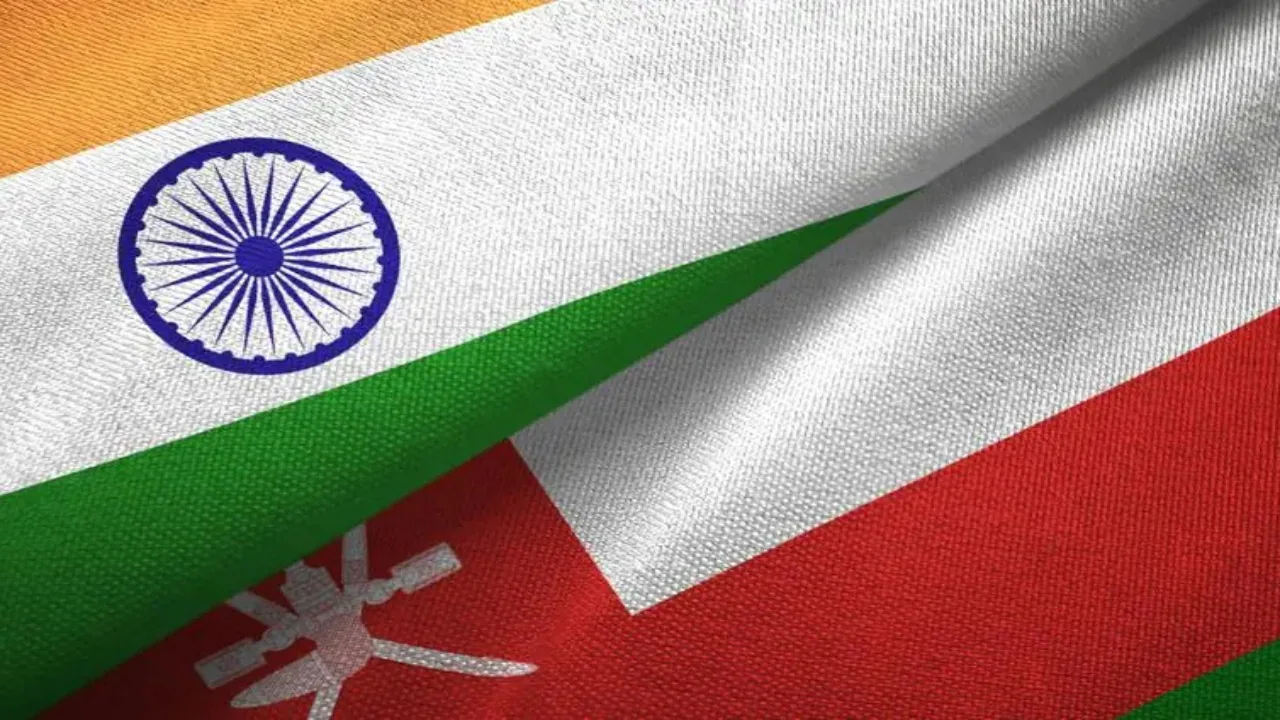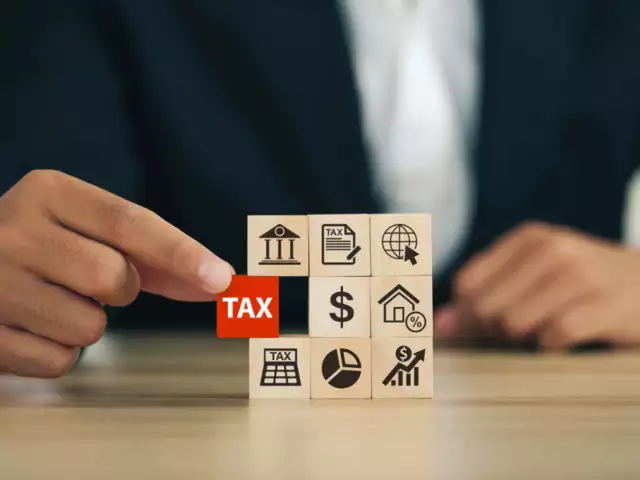The green card backlog presents a significant challenge for over 1.2 million Indian citizens aspiring to build a life in the United States
As the green card backlog continues to grow, programs like Smart Green Card provide essential support, helping qualified professionals navigate the complex U.S. immigration landscape. For many Indian citizens, these programs offer hope and a pathway to achieving the American Dream in a land of opportunity.
Navigating the Green Card Backlog: Challenges and Solutions for Indian Immigrants
Recent data from U.S. Citizenship and Immigration Services (USCIS) indicates that over 1.2 million Indians, including their dependents, are waiting for green cards in the first, second, and third employment-based categories. This backlog, particularly severe in employment-based categories, poses significant challenges for Indian applicants. Many have waited years to secure permanent residency in the United States, according to a National Foundation for American Policy analysis of USCIS data and a press release from Accesswire.
The H-1B Visa Challenge
For most Indian professionals, the journey to a green card begins with an H-1B visa—a non-immigrant visa that allows U.S. companies to employ foreign workers in specialized occupations. However, obtaining an H-1B visa has become increasingly difficult due to its limited supply. Each year, only 85,000 H-1B visas are available, including 20,000 reserved for those with a master’s degree or higher from a U.S. institution. This limitation has led to intense competition, with the demand far exceeding the supply, resulting in many applicants being rejected in the lottery-based system.
Even after securing an H-1B visa, the path to a green card remains challenging. The H-1B visa is valid for six years, after which applicants must either obtain a green card or return to their home country. Due to the green card backlog, many find themselves in a precarious situation, unable to progress to permanent residency despite meeting all necessary qualifications.
Legal Hurdles and Increased Scrutiny
Recent changes in the laws and the heightened scrutiny of H-1B petitions have complicated matters further. New adjudication criteria and increased requirements for evidence have led to higher denial rates, particularly among Indian applicants. These hurdles not only restrict professional and personal development but also contribute to the growing green card backlog by forcing applicants to reapply or seek alternative visa categories.
The Benefits of a Green Card
For Indian immigrants, obtaining a green card offers numerous benefits, including stability and a pathway to U.S. citizenship. Unlike the H-1B visa, which ties workers to specific employers, a green card provides the freedom to change jobs and settle anywhere in the United States. For many, it symbolizes not just career progression but also the opportunity to build a fulfilling life in the U.S.
However, the growing backlog, especially in the EB-2 and EB-3 employment-based categories, continues to cast a shadow on these aspirations. USCIS data shows that the backlog in the EB-2 category for Indian applicants increased by over 240,000—about 40%—in just three years. The situation has become so dire that some may never receive their green cards in their lifetimes.
-
The difficulties associated with securing H-1B visas, combined with the lengthy wait times in the EB-2 and EB-3 categories, create formidable barriers to permanent residency
-
However, alternative pathways, such as the EB-1A category and innovative solutions like the Smart Green Card program, offer viable options for overcoming these obstacles
The EB-1A Category: A Viable Alternative
Given these challenges, the EB-1A category has emerged as an appealing alternative for highly skilled Indian professionals. The EB-1A is designed for individuals with extraordinary ability in science, arts, education, business, or athletics who can demonstrate sustained national or international acclaim in their field. This category allows applicants to petition for themselves, bypassing the cumbersome employer sponsorship process.
The EB-1A category offers several advantages: faster processing times and no requirement for a labor certification or a job offer. However, the category also demands substantial evidence of extraordinary ability, such as major awards, significant contributions to the field, and peer recognition. Preparing a strong profile to meet these criteria often requires years of strategic planning and preparation, which has led to a demand for expert guidance.
How ‘Smart Green Card’ Supports EB-1A Aspirants
To address this need, Saiman Shetty, a prominent figure in the tech and immigration industries, launched Smart Green Card, a company dedicated to supporting EB-1A green card aspirants. Smart Green Card provides comprehensive, hands-on assistance to help professionals build robust profiles, meet the EB-1A criteria, and navigate the complex U.S. immigration system.
The Smart Green Card VIP plan offers personalized guidance, helping applicants identify their areas of expertise and construct a compelling EB-1A profile. The program has already assisted over 300 immigrants in the U.S. in successfully earning their green cards.
Success Stories and Impact
Individuals like Sunil Chahl, Director of Technology at a consulting firm, and Rajesh Azmeera, an SAP architect, have shared their positive experiences with Smart Green Card. Sunil credits the organization for their invaluable support throughout his EB-1A journey, while Rajesh appreciates the assistance that helped him attain EB-1A status despite the significant backlogs in the EB-2 category.
By focusing on the strengths of each applicant, Smart Green Card significantly enhances the likelihood of success, reducing uncertainty and wait times. Their tailored approach has proven effective, with every member who committed to the program guidelines receiving approval for their EB-1A green card.
***********************************************************
Readers
These are extraordinary times. All of us have to rely on high-impact, trustworthy journalism. And this is especially true of the Indian Diaspora. Members of the Indian community overseas cannot be fed with inaccurate news.
Pravasi Samwad is a venture that has no shareholders. It is the result of an impassioned initiative of a handful of Indian journalists spread around the world. We have taken a small step forward with the pledge to provide news with accuracy, free from political and commercial influence. Our aim is to keep you, our readers, informed about developments at ‘home’ and across the world that affect you.
Please help us to keep our journalism independent and free.
In these difficult times, running a news website requires finances. While every contribution, big or small, will make a difference, we request our readers to put us in touch with advertisers worldwide. It will be a great help.
For more information: pravasisamwad00@gmail.com

